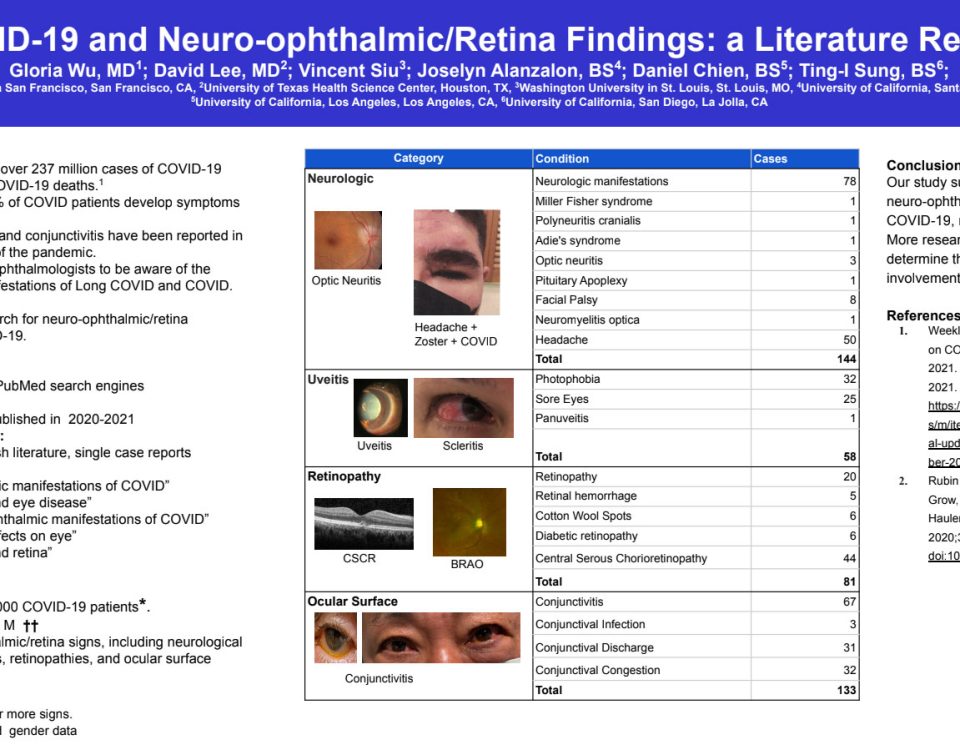Fun Facts About Your Eyes
Most Caucasian babies have blue eyes at birth.
Jumping on a trampoline as an adult can lead to a retinal problem.
You can ruin the special coatings of your eyeglasses if you use alcohol or very strong detergent.
Reading your phone all day without a break may give you a headache.
Your baby’s eye color is lighter at birth than at 6 months.
Diabetes can affect your eyes at the same time it affects your kidneys.
If your eyelashes are falling out, and you are not taking any medications, see your doctor.
The three leading causes of blindness are diabetic retinopathy, glaucoma and age related macular degeneration in the US.
20% of the population have an eye that is not quite round like a sphere, but more oval, this is called astigmatism.
If traveling abroad, do not wear your contact lens to swim or shower.
Polarized tinted glasses are helpful in the sun for sports.
Your tears provide antibodies to fight infection.
Always sunglasses to protect yourself from UV light even if it is not sunny.
If you let water get into your eyes while wearing contact lenses, you can have a serious infection. Be careful.
Do not share contact lenses.
Upper eyelid cosmetic surgery is easier to perform and is safer than lower eyelid cosmetic surgery.
In Europe, Asia and Australia, there are eyedrops for nearsightedness.
Rubbing your eyes is not considered good if you are very nearsighted
(myopic) or if you had eye surgery even LASIK.
After cancer treatments, the eyelashes usually grow back fully.
Wrinkles around the eyes are aggravated by sun damage.
Sagging lower eyelids can be due to medication or aging.
Age related macular degeneration occurs usually at age 55: don’t take the eye vitamins unless you have the diagnosis.
The dosage on the bottle may be too strong for you if you are normal.
The dosage on the bottle may be too strong for you if you are normal.
Corona virus has been found in tears.
In the embryo, the eye is formed from the same tissue as the brain.
There are now treatments for age related macular degeneration that can return the patient to driving vision.
Smoking can cause fine wrinkles around the eyes.
If the outer third of your eyebrows are falling out, see your doctor. You may have thyroid problems.
Glaucoma, an eye disease, can occur at any age, from birth to old age.
Diabetes can affect the cornea, the outside part of the eye.
In some major cities in China, there is an incidence of 90% of nearsightedness among the children.
Certain parasites attack the eye: pork, lamb and beef parasites. So avoid poorly cooked pork, beef and lamb.
Some people have one eye that is blue and the other eye that is green.
Diabetic people can wear soft contact lenses but under the care of an ophthalmologist or optometrist.
Washing your hands is important to fight eye infections.
Hepatitis virus has been found in tears.
You can lose vision when climbing up a high mountain.
Colorblindness is on the X chromosome so men are more likely than
women to be colorblind.
At birth, babies only see black and white.
The first inventor of eye surgery instruments was in ancient Persia.
After cataract surgery, your eyesight is brighter, usually within one week of surgery.
There are female hormone receptors for eyelash growth that are different from the men.
If you sleep overnight in your contact lenses, you can have some serious problems. Be careful.
Babies cannot see color until age 6 months.
Thyroid disease can affect your eyes.
Yellow tinted glasses are helpful at 5 pm and 7 am for sports or driving.
You can have UV protection built in the front and back of your glasses, ask your optician.
Asian eyelids have an epicanthic fold, a slightly different anatomy than Caucasians.
Artificial tears are helpful for your eyes when the air is hot and dry or extreme cold.
Nearsightedness is inherited.
If you see the color red as brighter in one eye than the other, see your eye MD.
Each blink is 400 microseconds.
African American babies have eyes that darken at 6 months.
AIDS has been found in tears.






